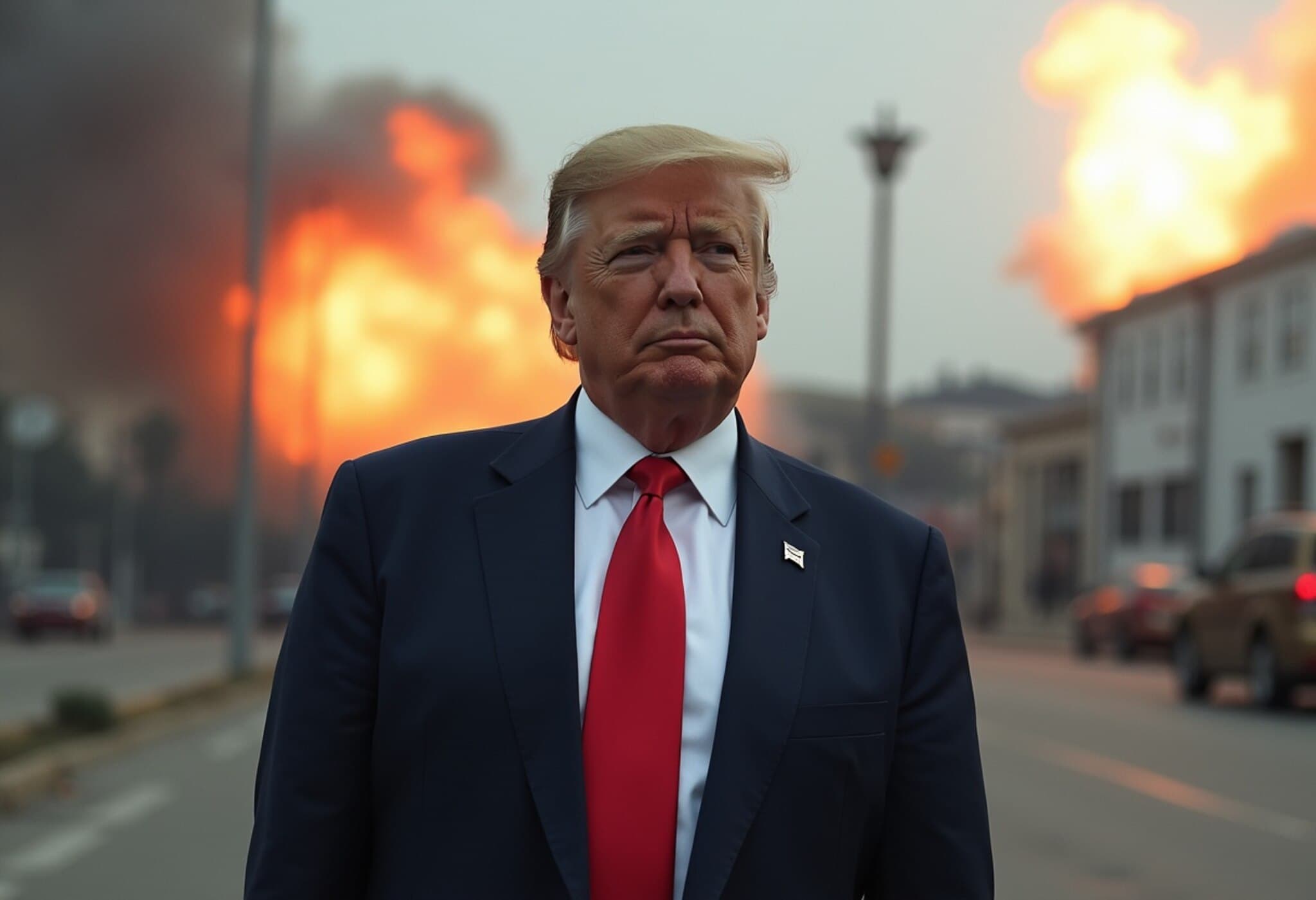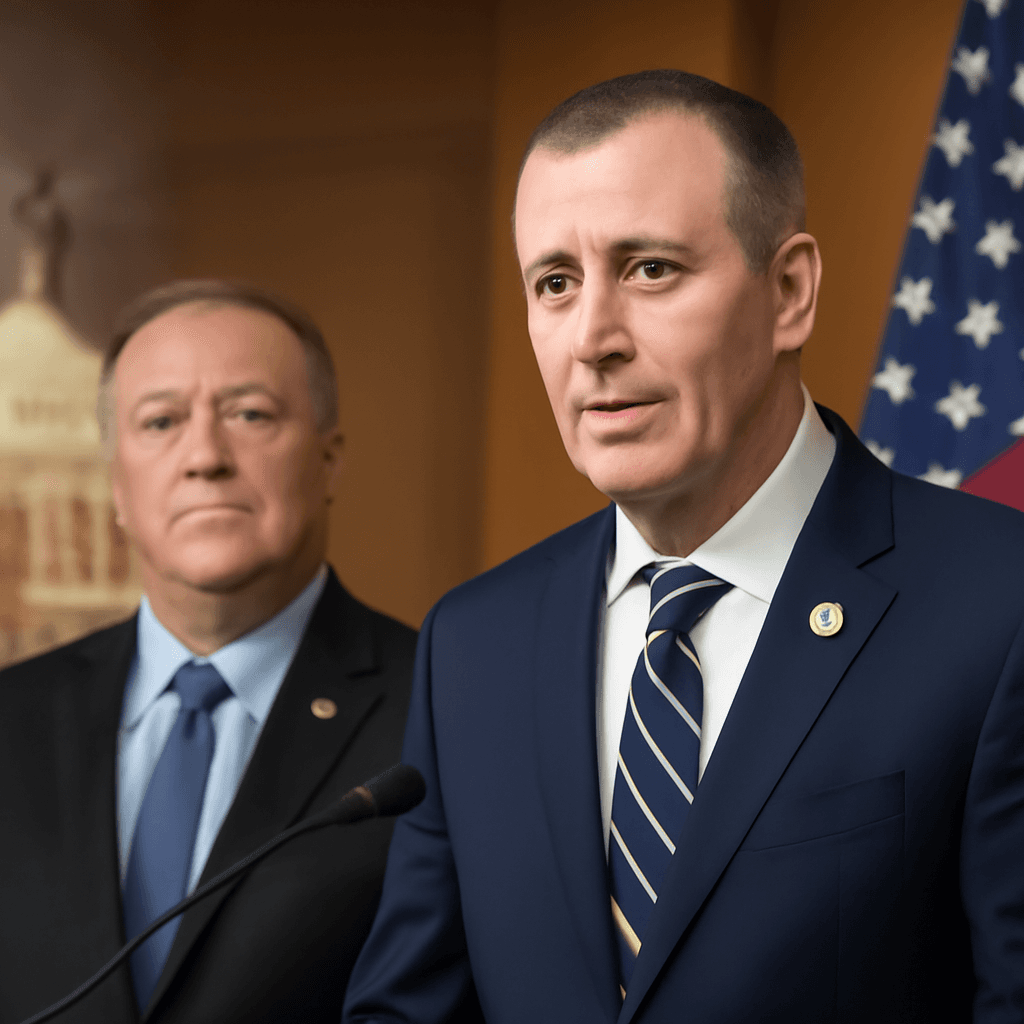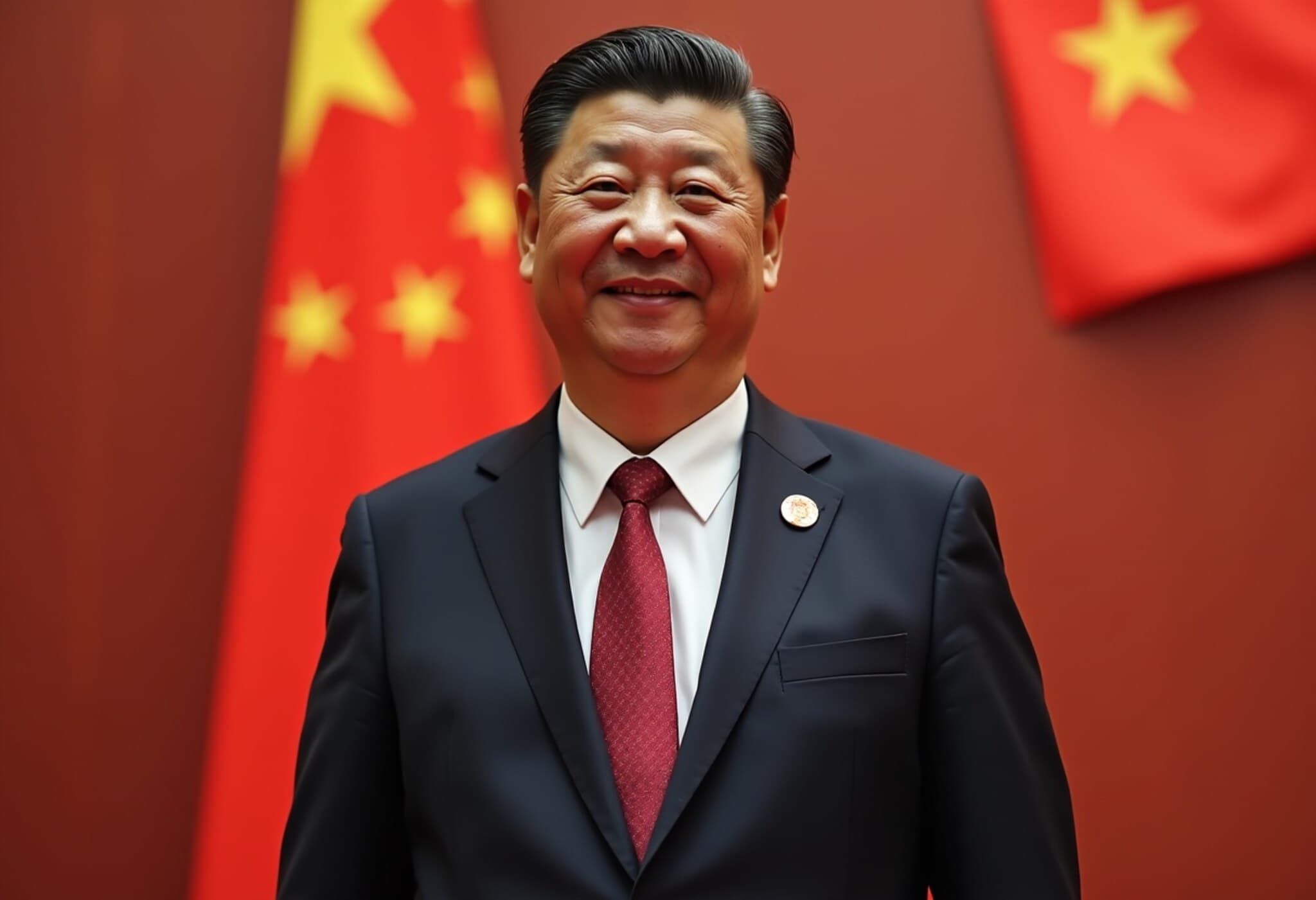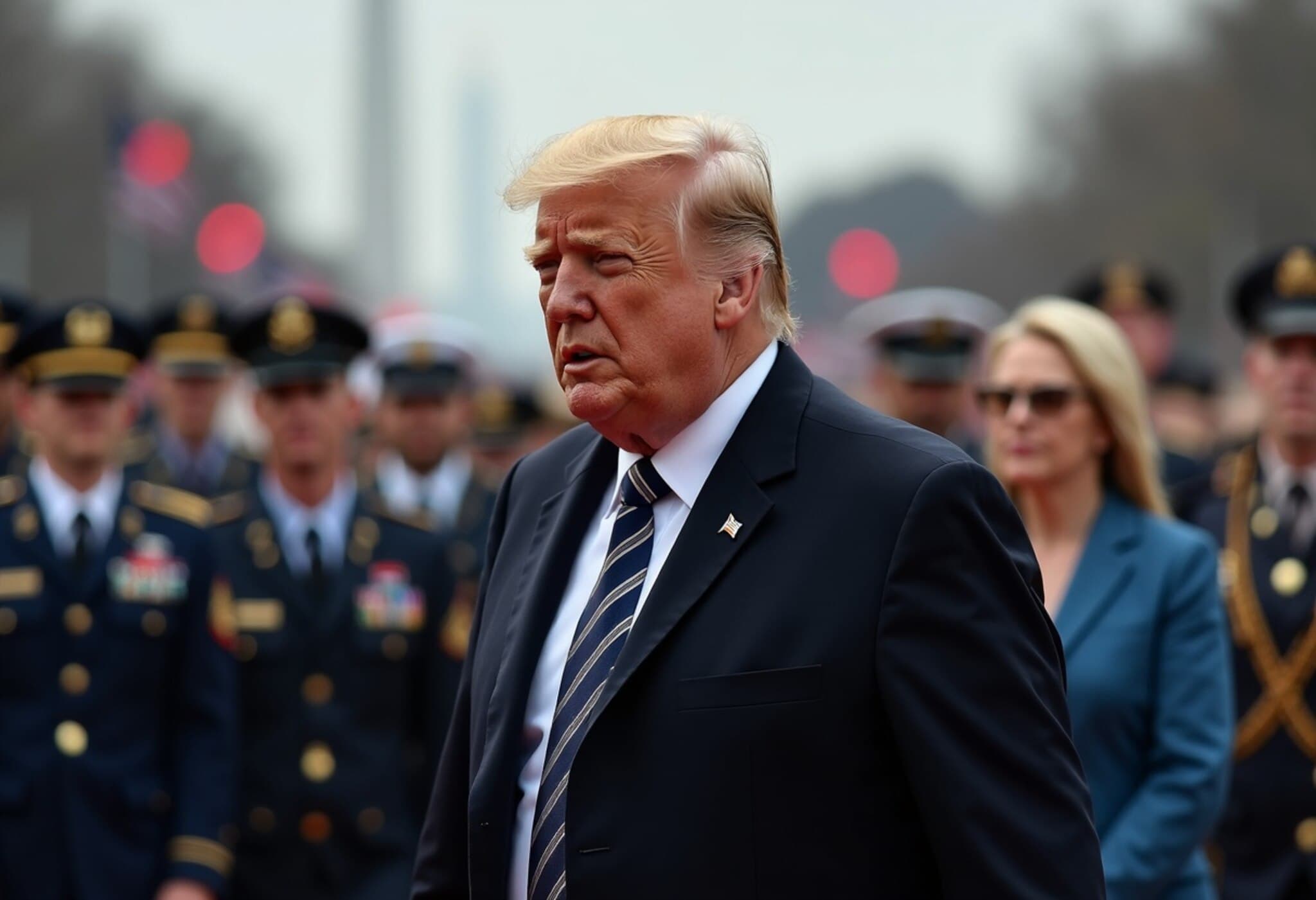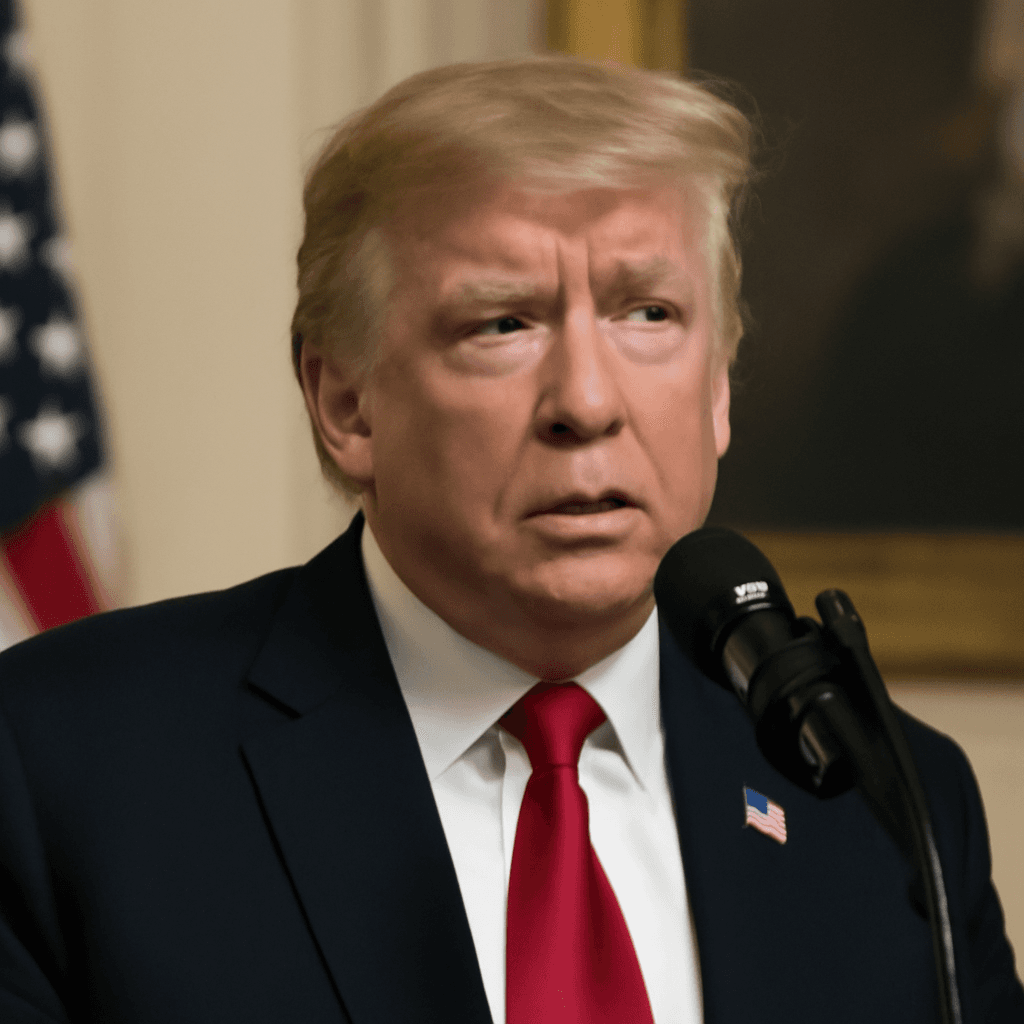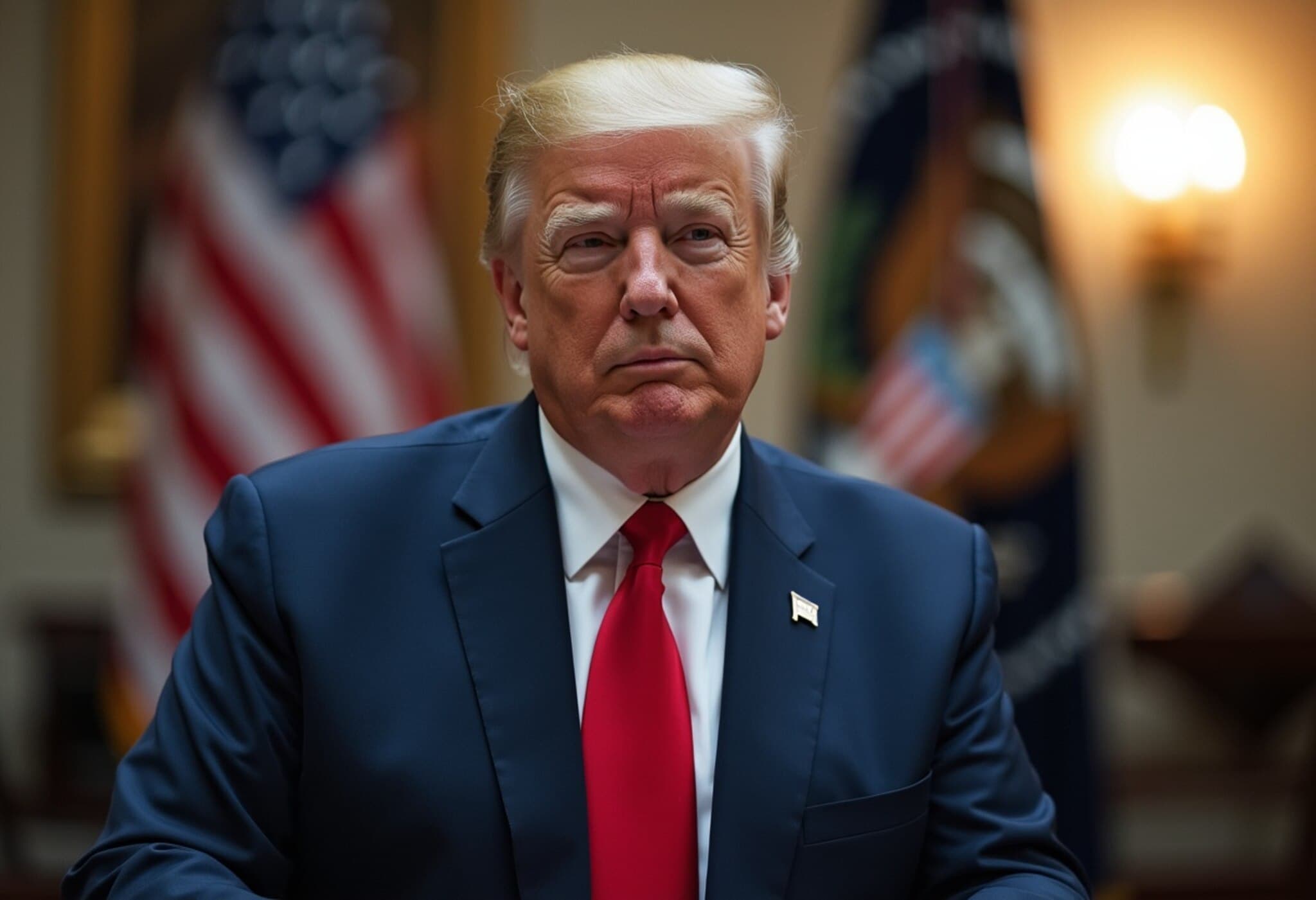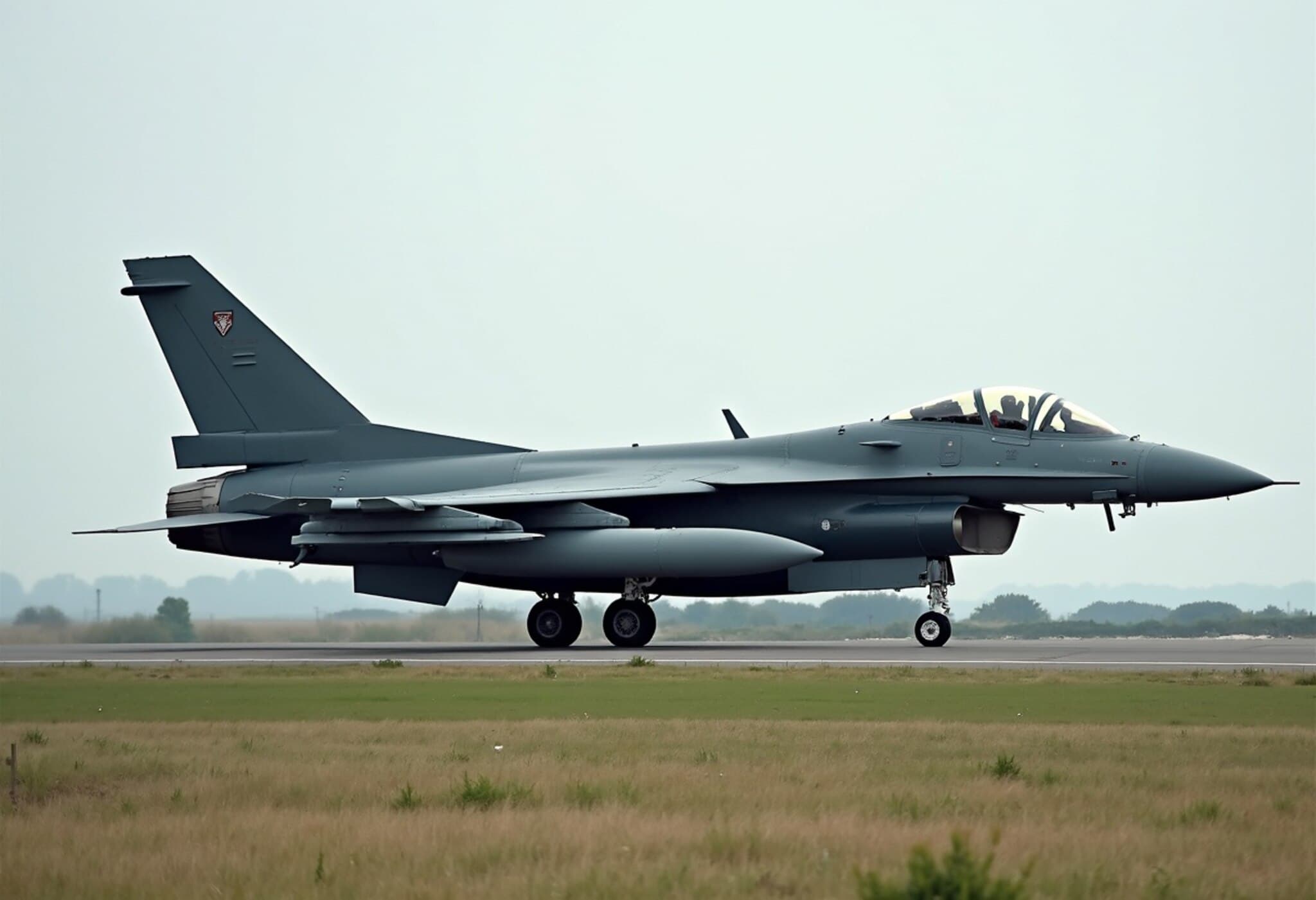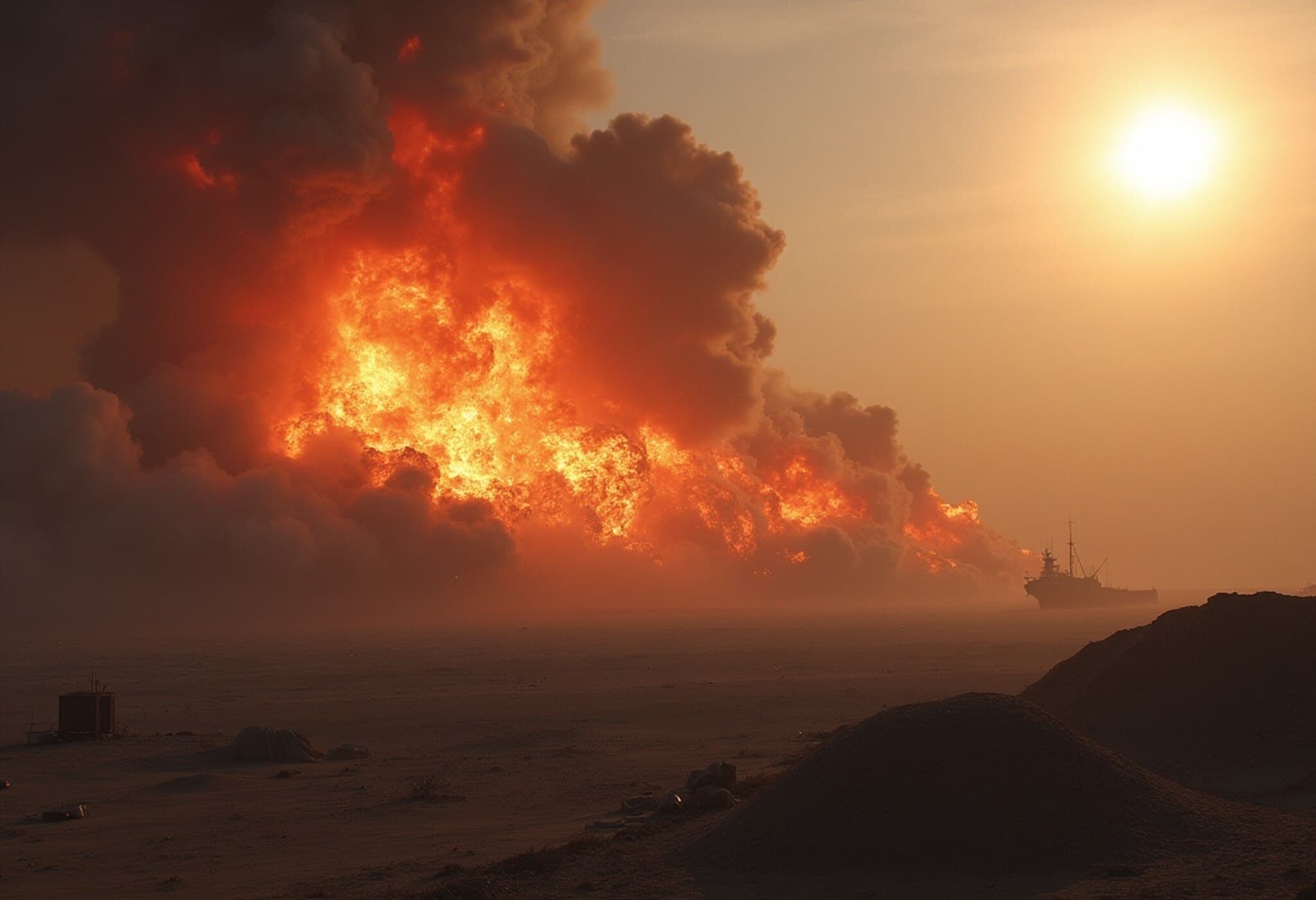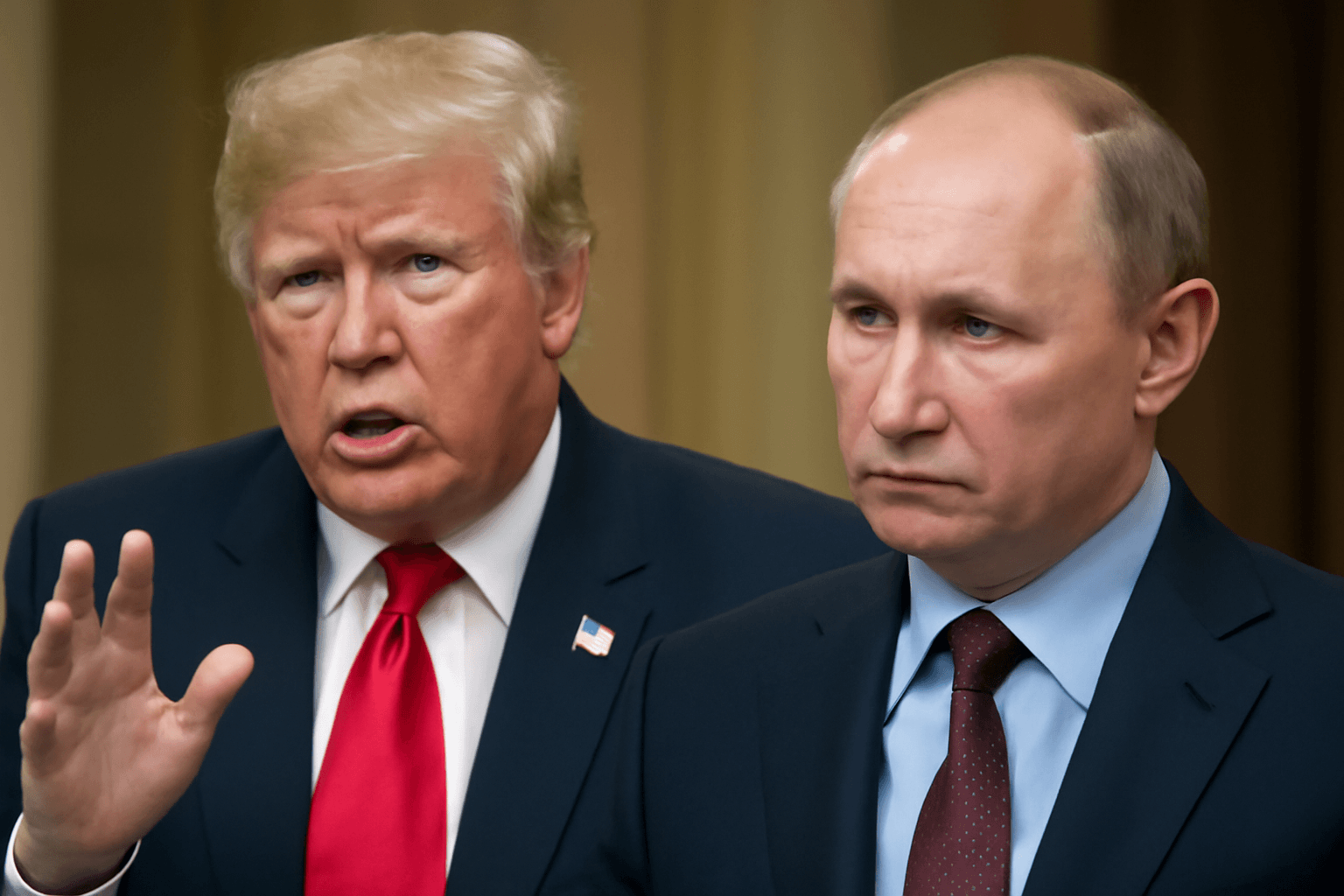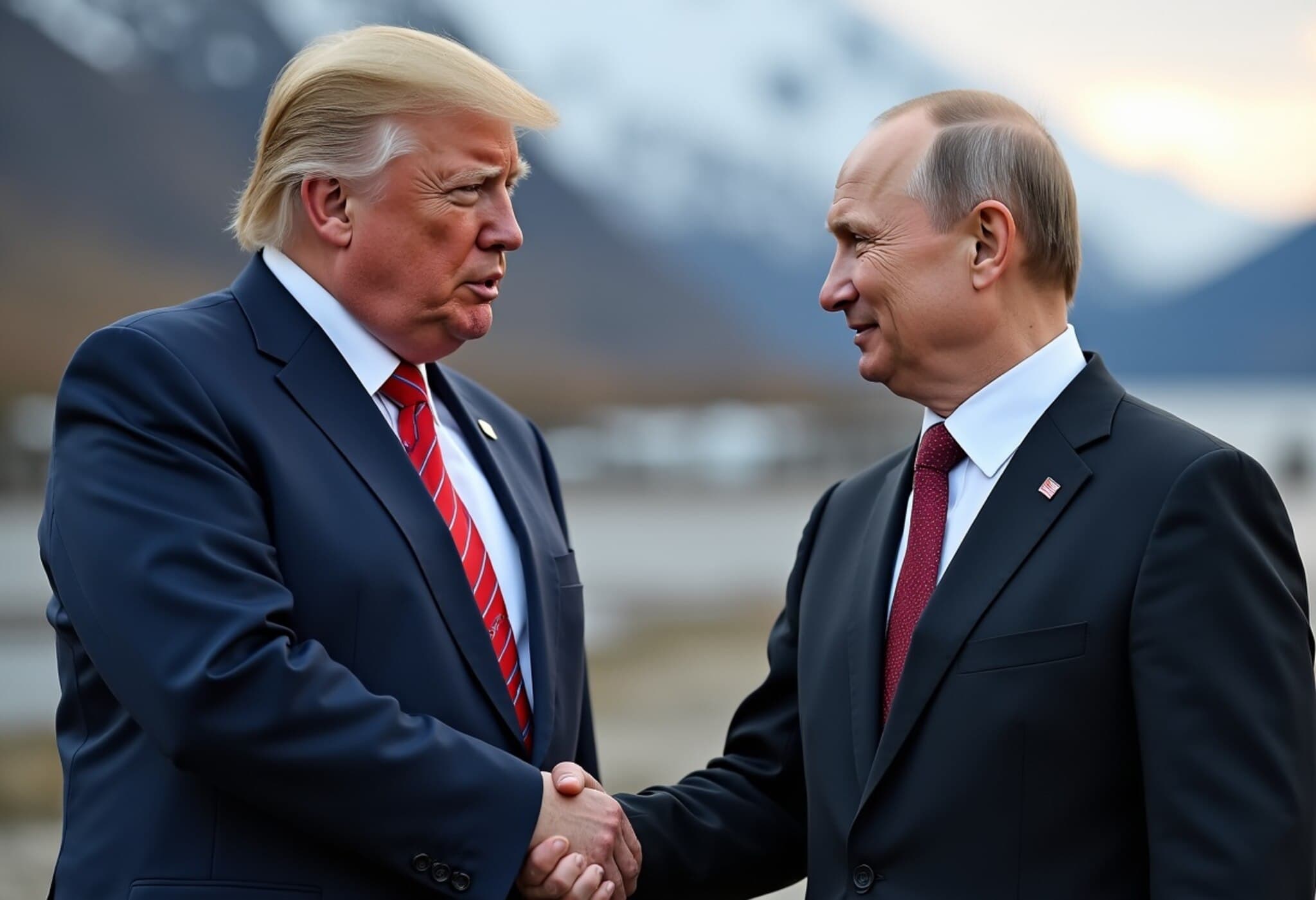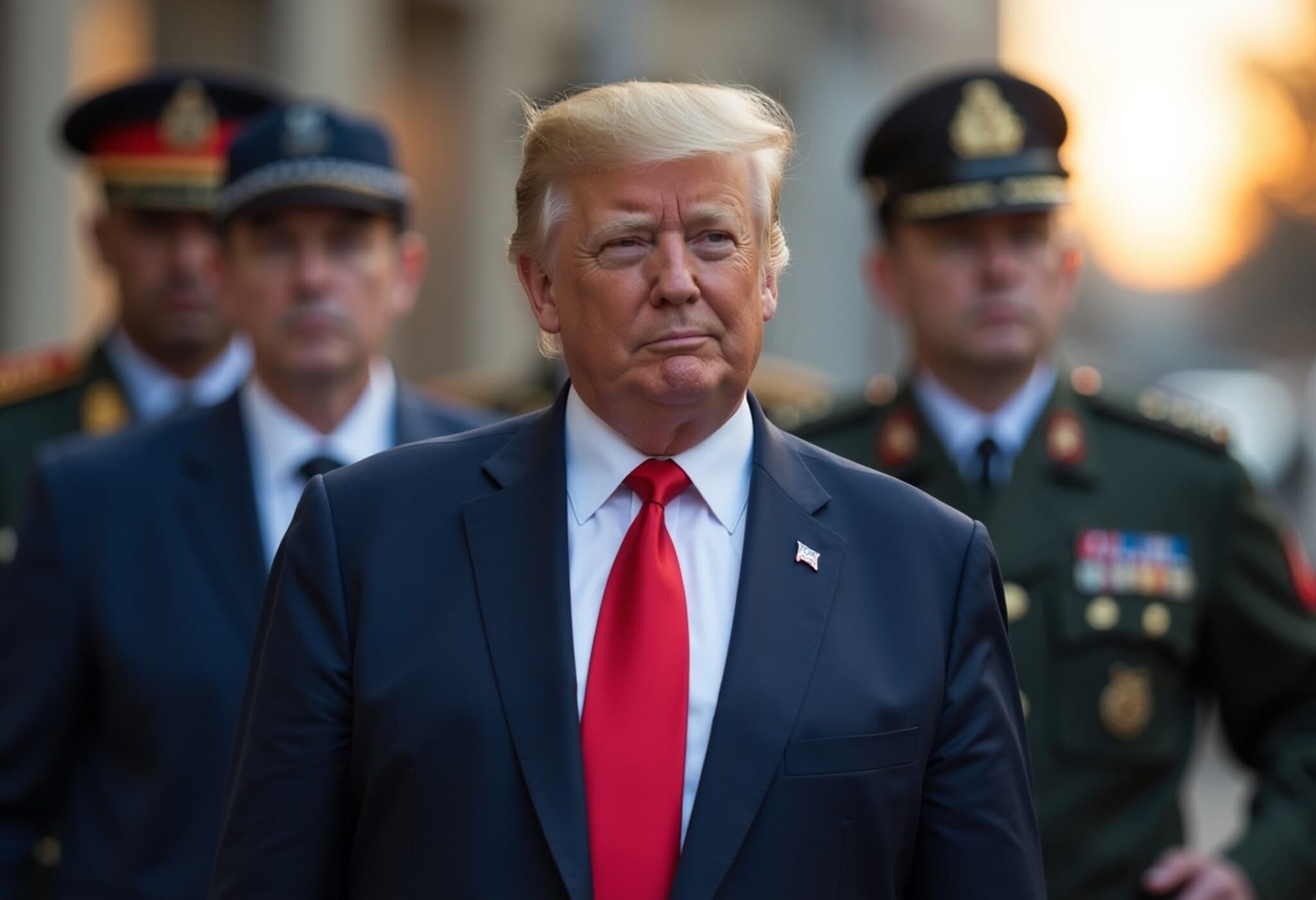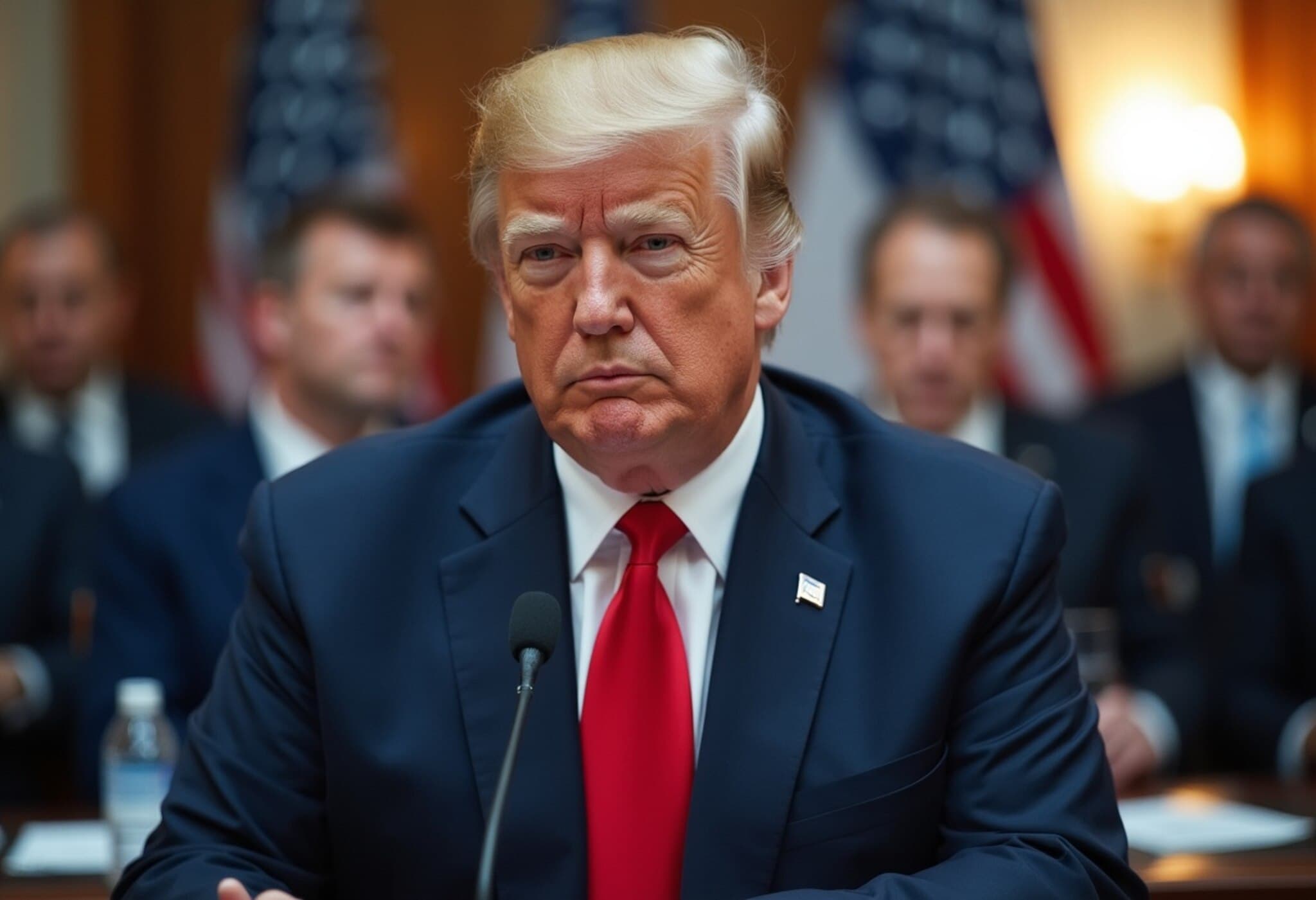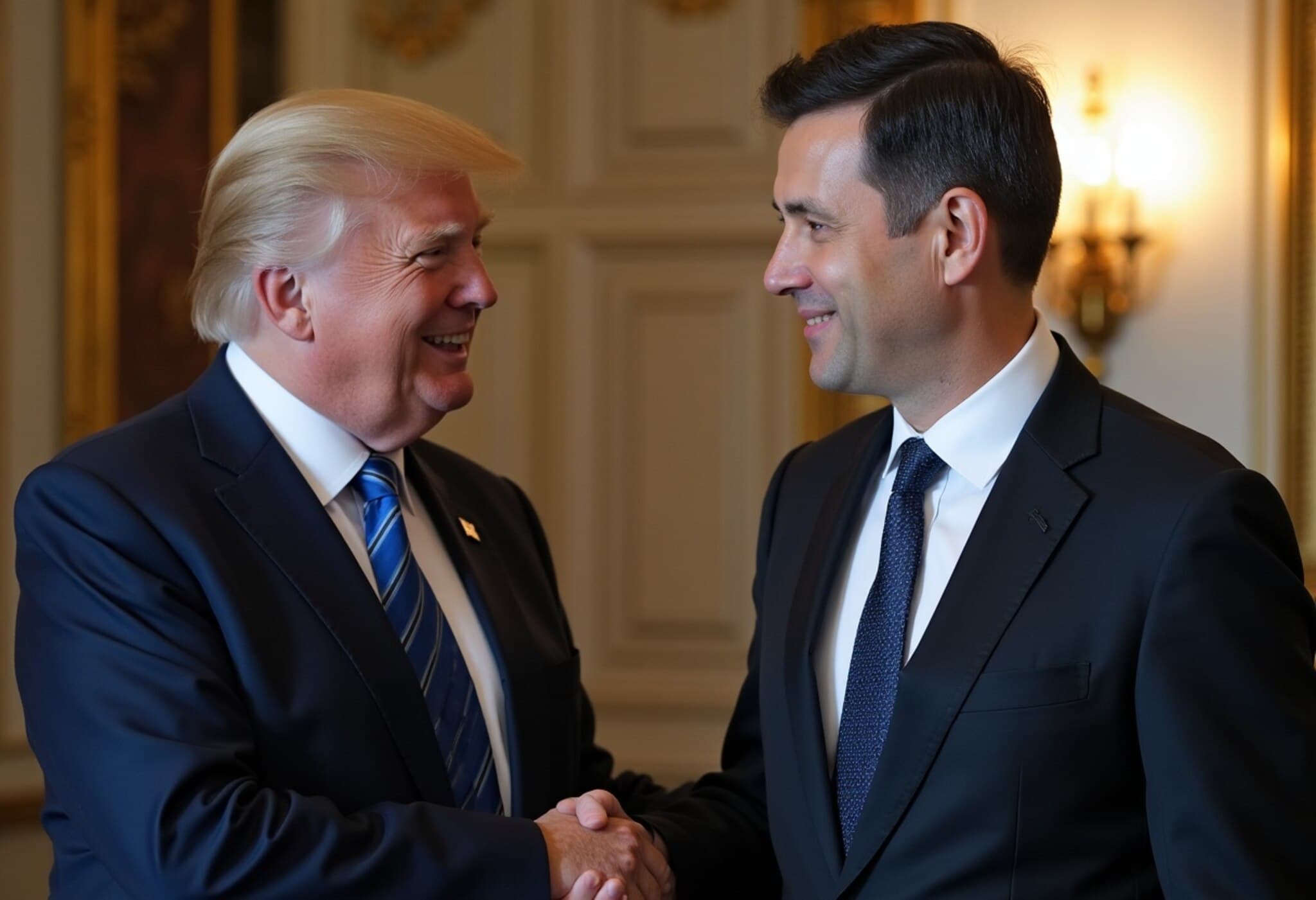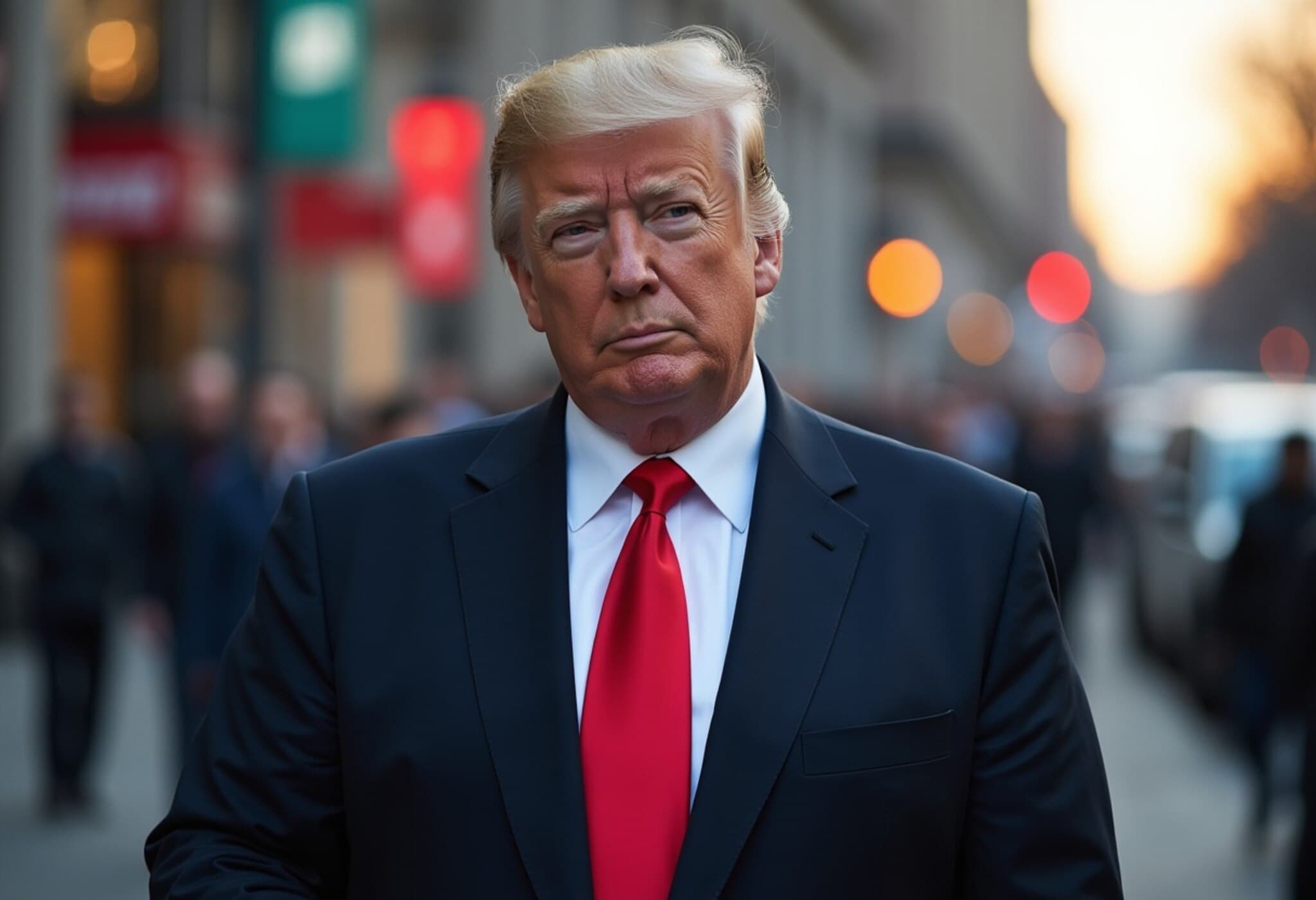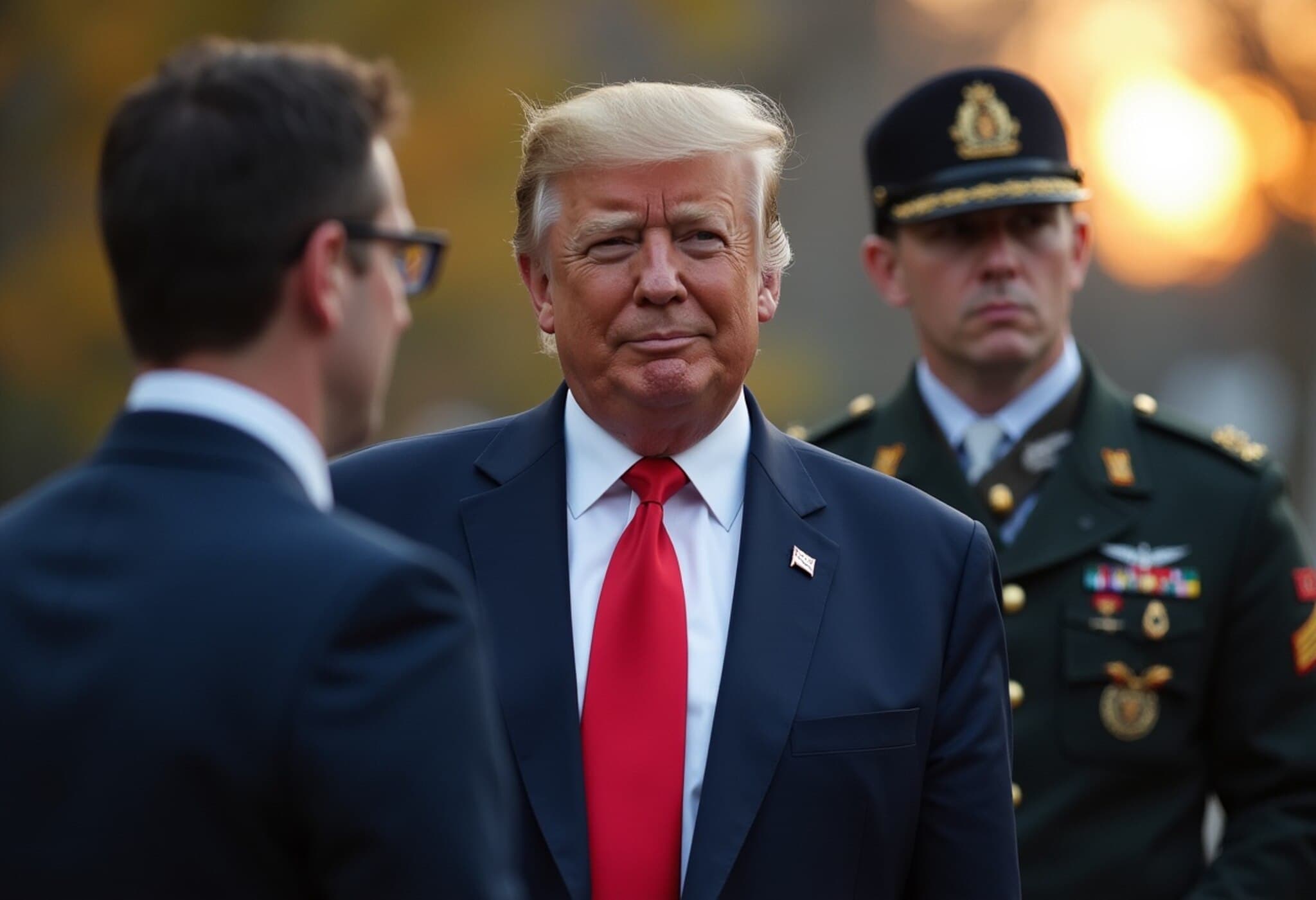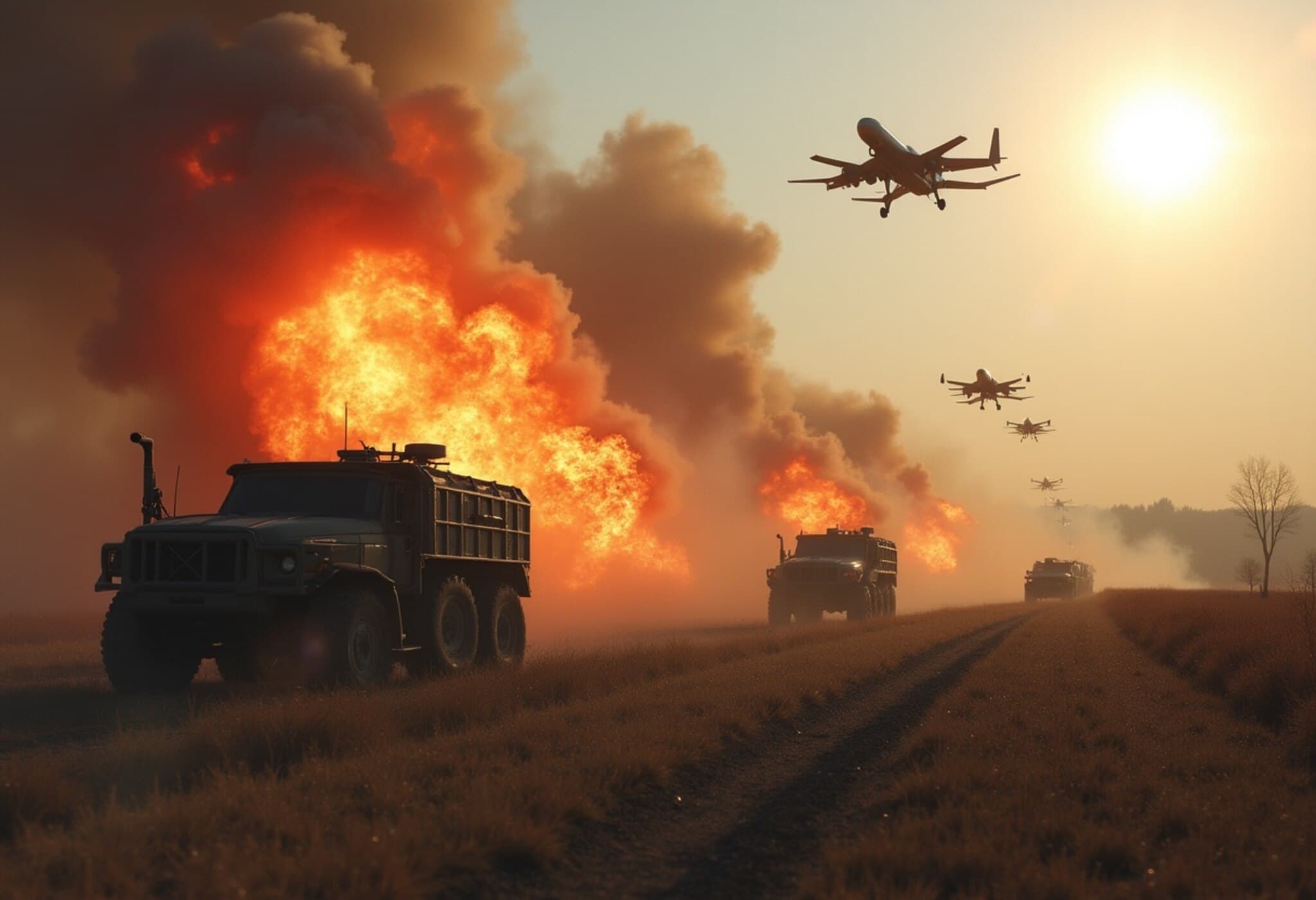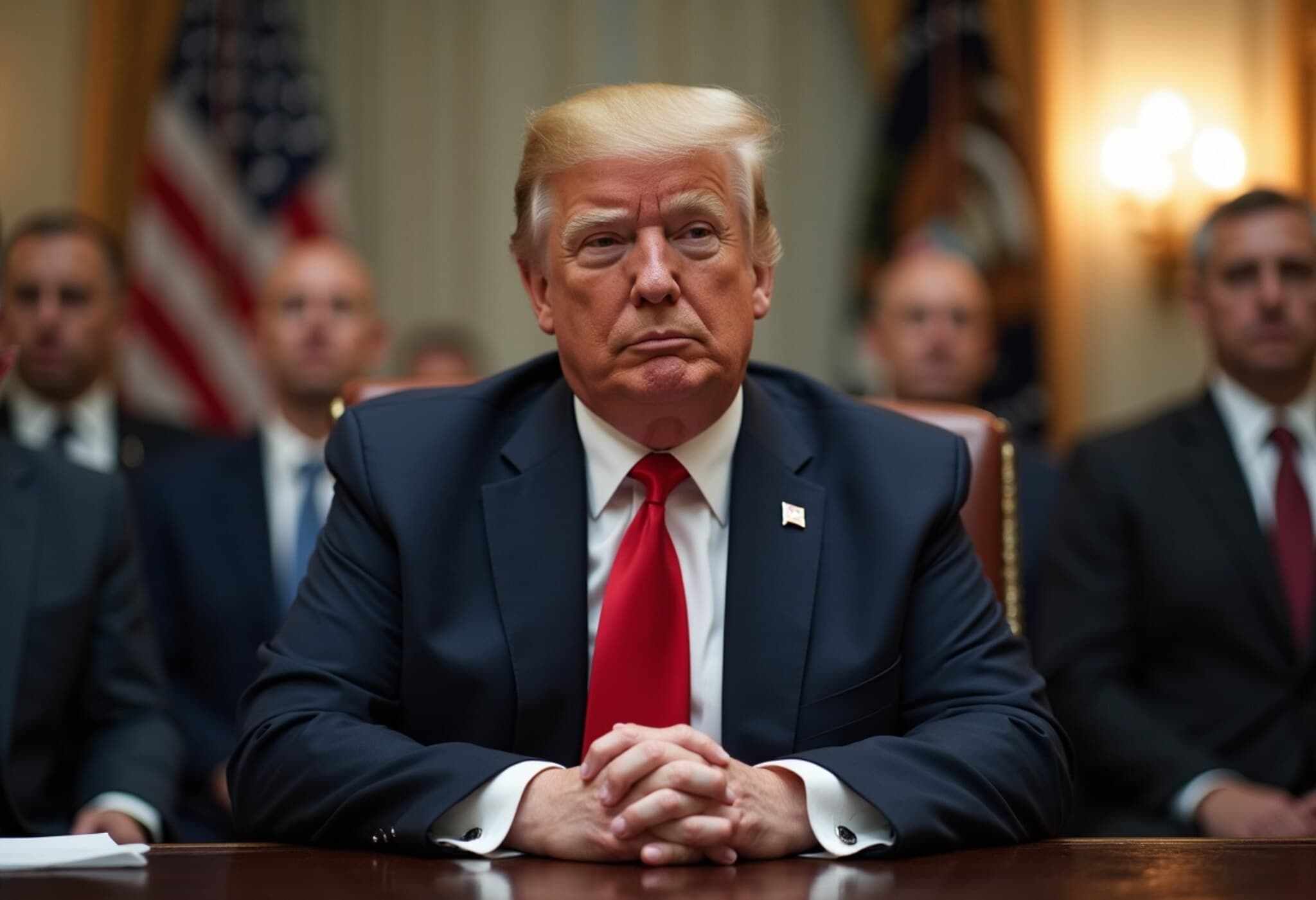Trump Commits to Sending More Defensive Weapons to Ukraine
In a recent statement from the White House on July 7, 2025, former U.S. President Donald Trump confirmed plans to ramp up military aid to Ukraine as the nation faces intensified aggression from Russia. Speaking candidly with reporters, Trump emphasized the urgent need for Kyiv to bolster its defenses against what he described as "very hard" and escalating Russian attacks.
Focus on Defensive Capabilities, Including Air Defense
While Trump reiterated the commitment to supply more defensive weaponry, he notably refrained from specifying the exact systems during the Monday briefing. Previously, on Friday, he had underscored the importance of providing Ukraine with Patriot missile defense systems — a key asset in countering Russian missile and aerial strikes. These advanced systems are viewed by Ukrainian officials as vital to protecting their cities and critical infrastructure.
"We're going to send some more weapons. We have to. They have to be able to defend themselves," Trump stated. "They're getting hit very hard, now. We're going to have to send more weapons, defensive weapons, primarily." The comments came ahead of a dinner meeting with Israeli Prime Minister Benjamin Netanyahu, highlighting the geopolitical significance of U.S. support in the region.
U.S.-Ukraine Collaboration On Air Defense Strengthening
Following a recent call with Trump on Friday, Ukrainian President Volodymyr Zelensky revealed plans for deeper cooperation aimed at enhancing Ukraine’s air defense capabilities amid the ongoing conflict. Discussions reportedly included joint defense production initiatives as well as increased purchases and investments to shore up Kyiv's ability to "defend the sky."
The Kremlin’s intensified air strikes have exacerbated concerns in Washington and among allied nations, prompting urgent calls from Kyiv for advanced missile defense systems like the Patriot. These systems can intercept incoming ballistic missiles and aircraft, reducing civilian casualties and infrastructure damage.
Challenges and International Response
Despite the intentions to bolster support, there have been hurdles. Recent pauses and caution in shipments of certain weapons by the U.S. have drawn criticism from Ukrainian officials, who warn that any interruptions could severely weaken their front-line responses against both air and ground offensives.
Recognizing a potential capability gap, Germany has announced ongoing discussions about procuring Patriot missile systems to transfer to Ukraine. This move highlights a broader European commitment to strengthening the Ukrainian military’s defense in face of Russia’s persistent attacks, reflecting a multilateral effort beyond U.S. aid alone.
Broader Implications for U.S. Foreign Policy and Regional Stability
Trump's renewed pledge to accelerate weapons shipments comes at a pivotal time in American foreign policy, testing Washington's balancing act between supporting a sovereign nation under siege and managing the risks of escalation with Russia. Providing advanced defensive weaponry to Ukraine not only aids Kyiv’s immediate survival but also signals a firm U.S. stance on upholding democratic sovereignty in Eastern Europe.
This decision also dovetails with ongoing U.S.-Israeli strategic dialogues, as evidenced by Trump's dinner with Netanyahu, suggesting a coordinated approach to security amid wider regional uncertainties.
Expert Commentary: Defense Analysts Weigh In
- John Matthews, Defense Analyst: "The introduction of additional Patriot missile systems could mark a turning point in Ukraine's ability to deter air strikes, potentially saving thousands of lives and preserving critical infrastructure. However, logistical challenges and political considerations remain significant."
- Dr. Emily Chen, International Policy Expert: "U.S. aid to Ukraine reflects a broader commitment to supporting democratic resilience. Yet it requires careful navigation to avoid an escalation spiral with Russia while ensuring Ukraine's defense capabilities keep pace with emerging threats."
Looking Ahead: What to Watch
As the conflict persists, close attention will be paid to the delivery timelines of these defensive systems and the international community's ability to maintain consistent military support. The evolving situation underscores the delicate balance between deterrence and diplomacy, raising critical questions about long-term regional stability and global security architectures.
Editor’s Note: The recent announcement of increased U.S. defensive support to Ukraine sheds light on the escalating urgency to protect against Russian air strikes. Yet, amidst promises and strategic dialogues, questions linger: How swiftly can these weapons be deployed on the ground? Will allied nations step up to fill potential gaps? And importantly, can this military aid pave the way for meaningful progress toward peace? As the conflict unfolds, these issues demand our ongoing scrutiny and informed public discourse.

